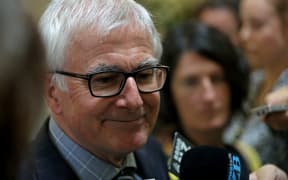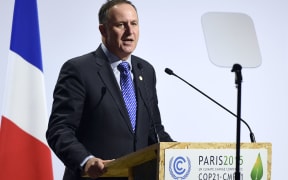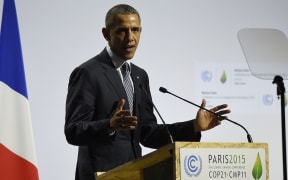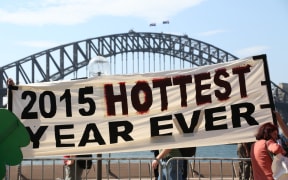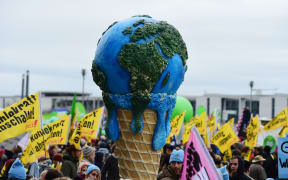The second week of the Paris climate change conference kicks off today, with world leaders attempting to reach a global plan to tackle climate change.
With so much at stake and so many players involved, we take a look at where the talks are at and how far off a solution is.
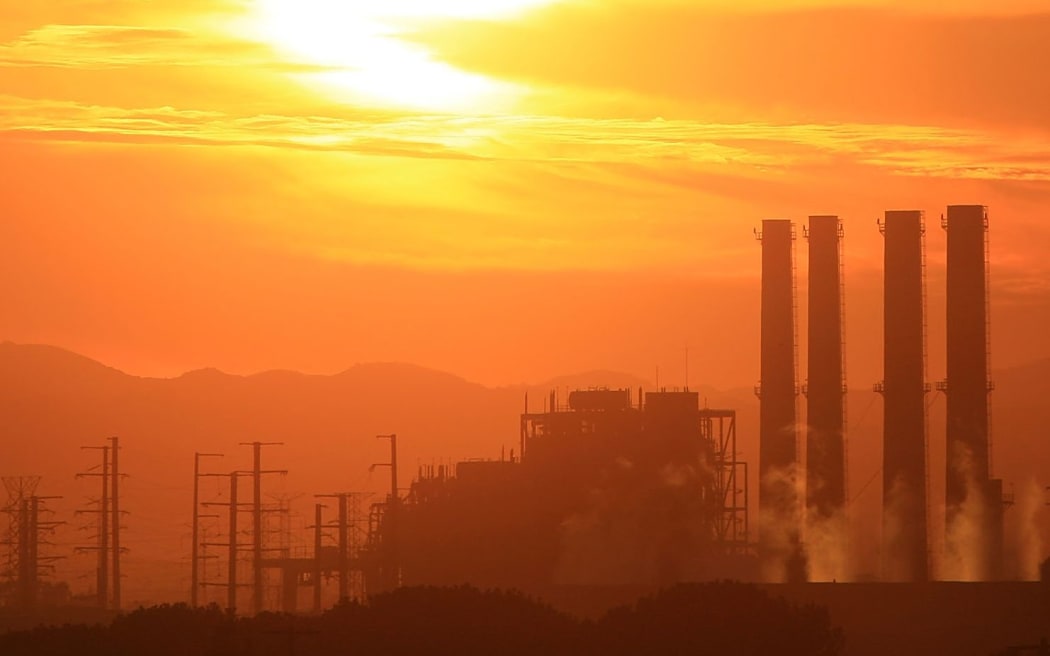
An electricity generating station in Sun Valley, California. Photo: AFP
What are the Paris climate change talks all about?
Delegates from nearly 200 countries are meeting to try and create an international action plan to tackle climate change and reduce greenhouse gas emissions.
The main aim is to prevent global warming exceeding 2°C above pre-industrial levels this century - the level at which the world is likely to experience the most dangerous effects of climate change.
The two week meeting has reached the halfway mark; last week talks focused around working out a negotiating text, with a 50-page draft version released on Thursday evening.
This week, the high-level section of the meeting is due to get underway and the hard negotiating begins.
What role has New Zealand played so far?
Prime Minister John Key addressed the meeting on its opening day saying New Zealand faces unique challenges because half of its greenhouse gas emissions come from agriculture. The other challenge New Zealand faced was that cost-effective technologies for reducing agricultural gas emissions were not available.
New Zealand would invest another $20 million in the Global Research Alliance on Agricultural Greenhouse Gases, on top of the $45m it had already invested, he said.
New Zealand has set a goal of reducing greenhouse gas emissions to 30 percent below 2005 levels, by 2030. That was a significant increase on the current target of 5 percent below 1990 emission levels by 2020, Mr Key said.
Mr Key also told the conference it must produce a meaningful agreement and said he was pushing to get rid of fossil fuel subsidies. That could reduce greenhouse gas emissions by as much as 10 percent, he said.
But that comment was criticised by the Green Party who said the government was funnelling many millions to the oil industry and not being upfront about the full extent of it.
What have other leaders had to say?
All the big names have been at the meeting, including leaders from the United States, Russia, India and China.
Here's a quick overview of their comments:
- US President Barack Obama said climate change could define the contours of this century more than any other challenge. Recent years had shown that the global economy had grown while emissions had remained flat, breaking the old arguments for inaction "that economic growth and environmental protection were in conflict".
- Russian President Vladamir Putin said "we have demonstrated we can ensure economic development and take care of our environment at the same time."
- Chinese President Xi Jinping told the conference he did not see the Paris talks as a turning point nor a "finish line, but a new starting point". Climate change went beyond national borders and it was "a shared mission for all mankind."
- British Prime Minister David Cameron questioned how future generations would respond to the idea that it was "too difficult" for this generation of politicians to reach an agreement in 2015. "Our grandchildren would ask why it was so difficult."
- India's Prime Minister Narendra Modi, a key player because of his country's size and its heavy dependence on coal, said developing countries should have enough room to grow.
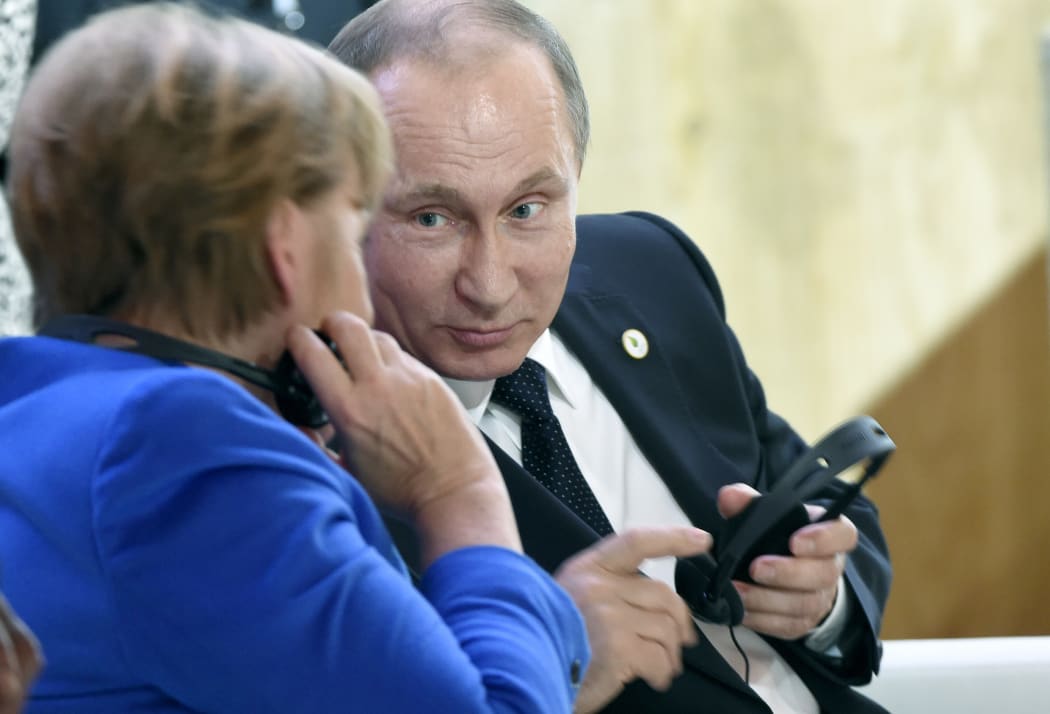
Russian President Vladimir Putin speaks with German Chancellor Angela Merkel during the first day of the COP21 climate change meeting in Paris. Photo: AFP
A lot of talk - what about action?
There have been some encouraging announcements, including France and India launching a global solar alliance aimed at providing accessible solar energy for all.
Microsoft co-founder Bill Gates has mobilised billions of dollars for new energy, research and development.
United States and India, who together make up 40 percent of the world's greenhouse gas emissions, were working together at the meeting to achieve an agreement that moves toward a low-carbon global economy.
Bhutan has also set a high standard by making ambitious pledges to agroforestry. The Himalayan country already absorbs three times more CO2 emissions than its population produces.
So are we close to finding a solution?
Not quite. Big questions remain as to who will foot the bill to pay to help developing countries go green.
There's been plenty of debate around the issue, with industrialised countries currently obliged to mobilise $100 billion a year of climate finance to aid poorer countries in dealing with climate change.
While it's hoped an agreement will be reached by the end of the week, these discussions do have a habit of going into overtime.
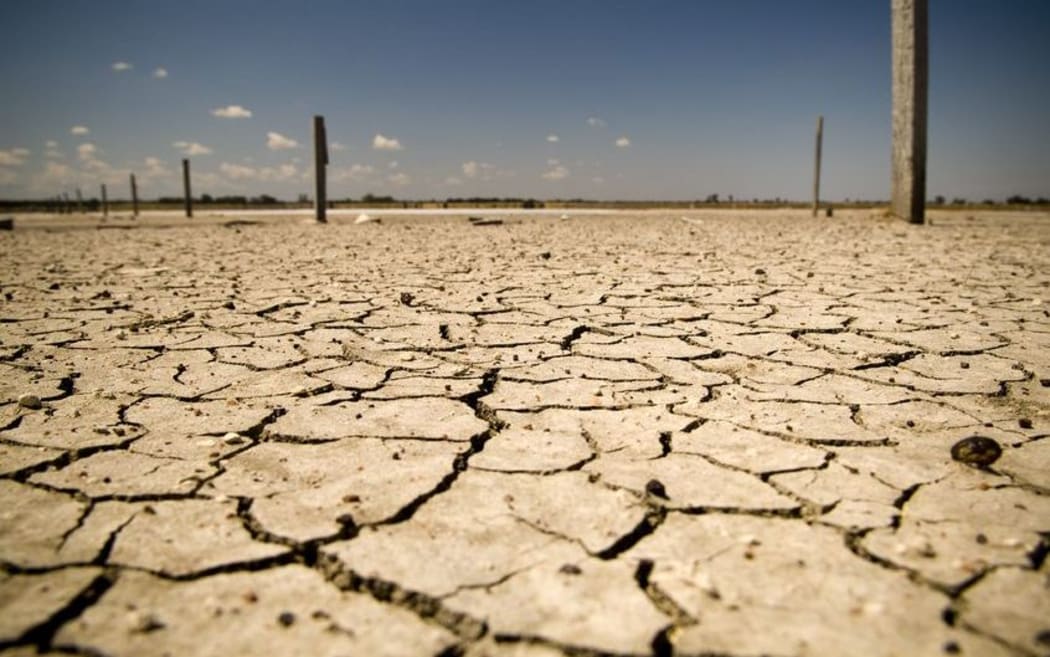
The Australian Climate Roundtable will lobby for well-designed climate change policies. Photo: 123RF
